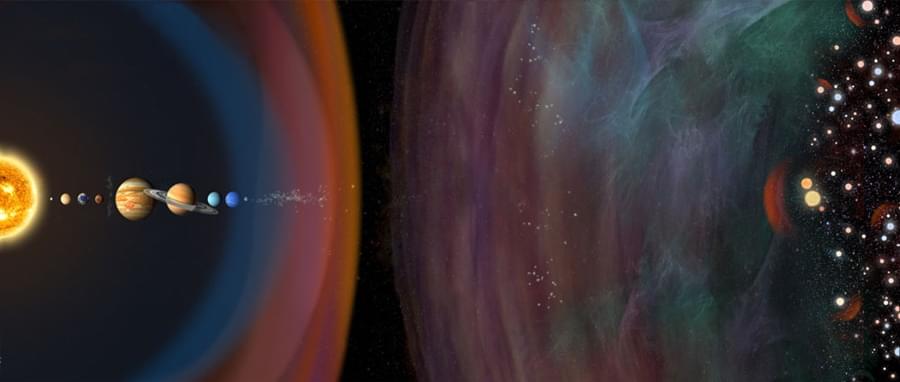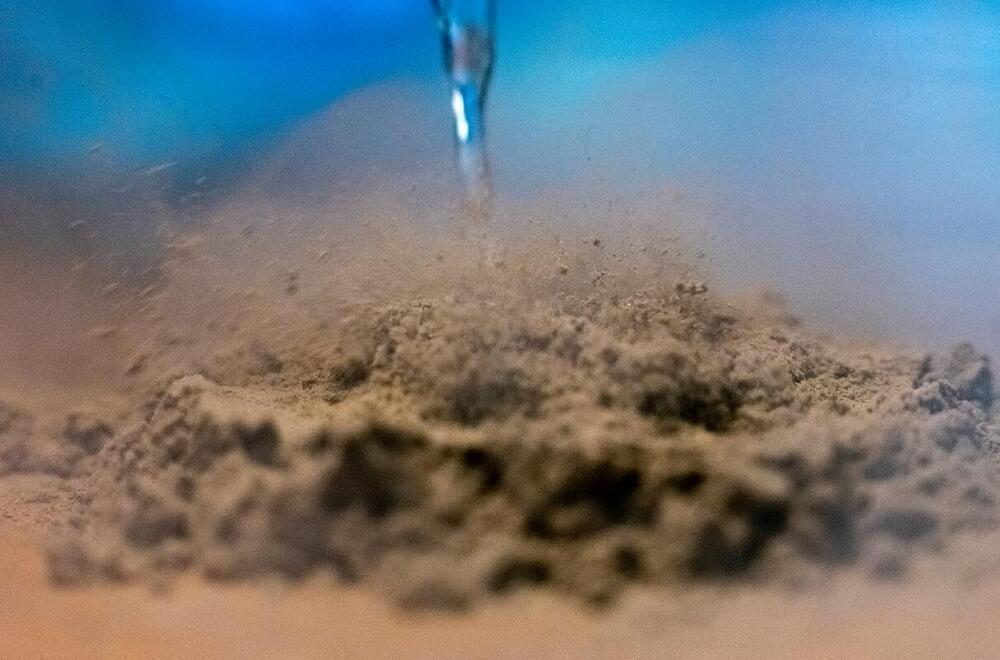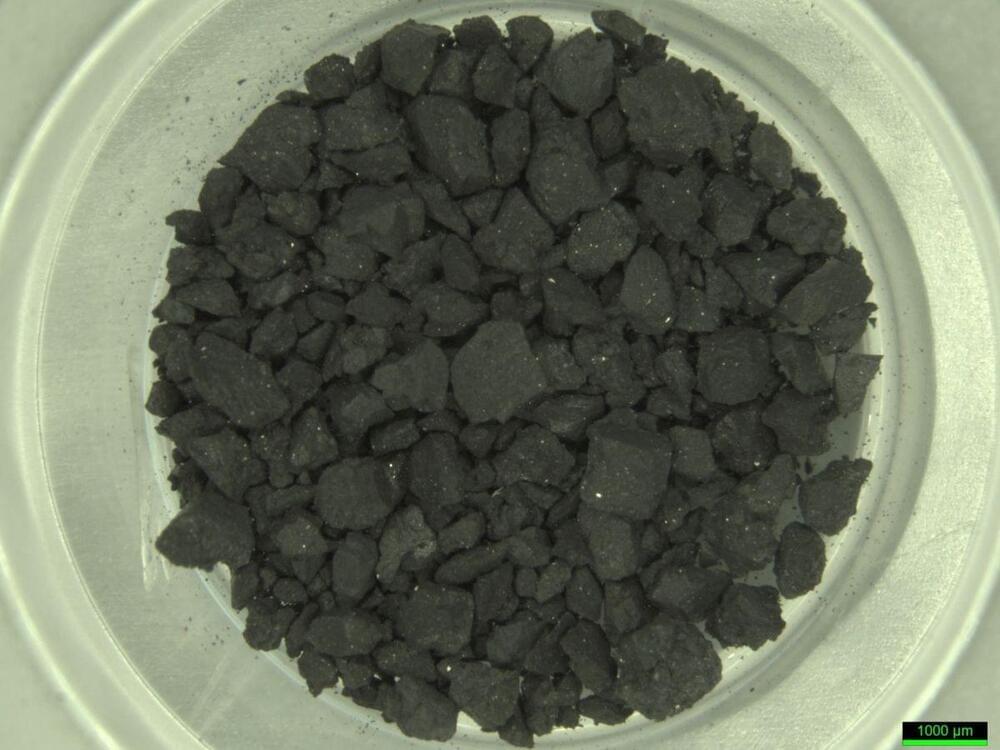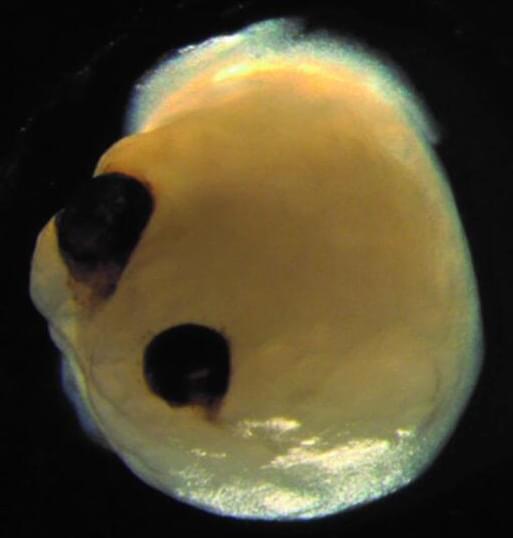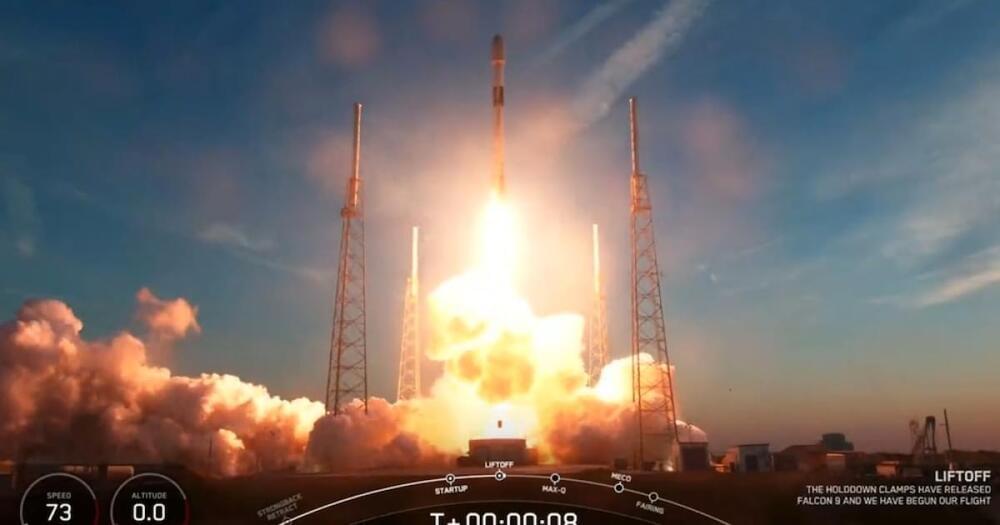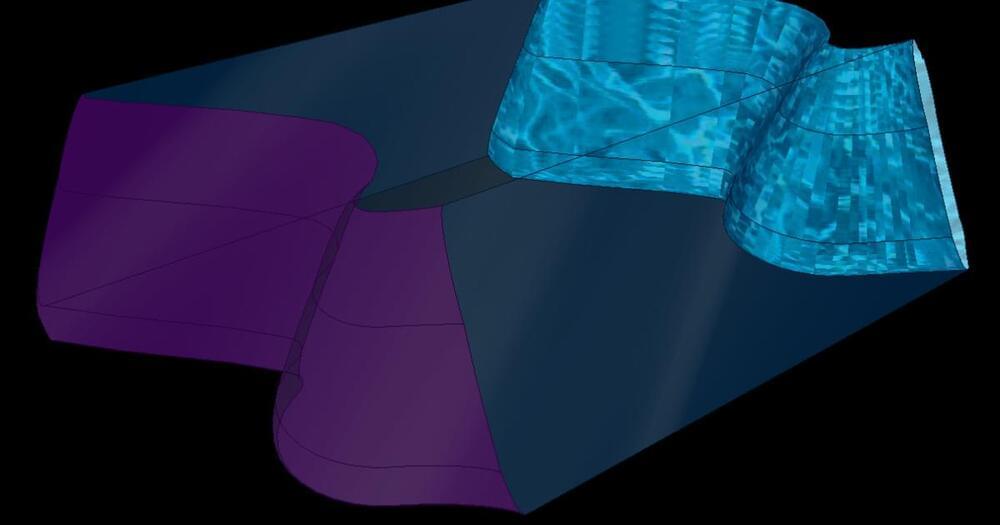Long considered science fiction, leaving the solar system and speeding amid the stars may soon be within reach.
Saad Bhamla was in his backyard when he noticed something he had never seen before: an insect urinating. Although nearly impossible to see, the insect formed an almost perfectly round droplet on its tail and then launched it away so quickly that it seemed to disappear. The tiny insect relieved itself repeatedly for hours.
It’s generally taken for granted that what goes in must come out, so when it comes to fluid dynamics in animals, the research is largely focused on feeding rather than excretion. But Bhamla, an assistant professor in the School of Chemical and Biomolecular Engineering at the Georgia Institute of Technology, had a hunch that what he saw wasn’t trivial.
“Little is known about the fluid dynamics of excretion, despite its impact on the morphology, energetics, and behavior of animals,” Bhamla said. “We wanted to see if this tiny insect had come up with any clever engineering or physics innovations in order to pee this way.”
A liquid nitrogen spray developed by Washington State University researchers can remove almost all of the simulated moon dust from a space suit, potentially solving what is a significant challenge for future moon-landing astronauts.
The sprayer removed more than 98% of moon dust simulant in a vacuum environment with minimal damage to spacesuits, performing better than any techniques that have been investigated previously. The researchers report on their work in the journal, Acta Astronautica.
While people have managed to put men on the moon, they haven’t figured out how to keep them clean there. Similar to the clingiest packaging peanuts, moon dust sticks to everything that it touches. Worse than the packing peanuts, the dust is composed of very fine particles that are the consistency of ground fiberglass.
The first analyses of samples brought back from the asteroid Ryugu show that this space rock contains some of the molecules needed for life.
A new proposal suggests using stem cell-derived ‘minibrains’ to create brand-new biocomputers. Such ‘organoid computers’ could be far off, but ethical questions abound.
The United States Marshals Service (USMS) was hit with a ransomware attack the agency said in a statement. The incident occurred on February 17, and “officials determined that it constitutes a major incident,” according to an agency spokesperson.
Ransomware is a type of malware that locks up computer systems until a “ransom” is paid to unlock the system.
However, these ones are different to the several thousand Starlink satellites that are already circling Earth.
That’s because they sport a more modern and powerful design that gives them four times the capacity for serving customers compared to the original design, SpaceX said. So, yes, it means faster internet speeds for customers.
SpaceX chief Elon Musk confirmed the successful deployment of the new satellites in a tweet.
Unless you confront your theory with what’s actually out there in the Universe, you’re playing in the sandbox, not engaging in science.
The substance can be administered via intravenous injection and holds the possibility of being used in the treatment of conditions such as heart attacks and traumatic brain injury, among others.
An innovative biomaterial has been developed that, when injected intravenously, reduces inflammation and stimulates cell and tissue repair. The efficacy of this biomaterial in treating heart attack-induced tissue damage was demonstrated through successful testing on both rodent and large animal models. The researchers also provided proof of concept, based on a rodent study, suggesting that the biomaterial may prove beneficial in the treatment of traumatic brain injury and pulmonary arterial hypertension.
“This biomaterial allows for treating damaged tissue from the inside out,” said Karen Christman, a professor of bioengineering at the University of California San Diego, and the lead researcher on the team that developed the material. “It’s a new approach to regenerative engineering.”
